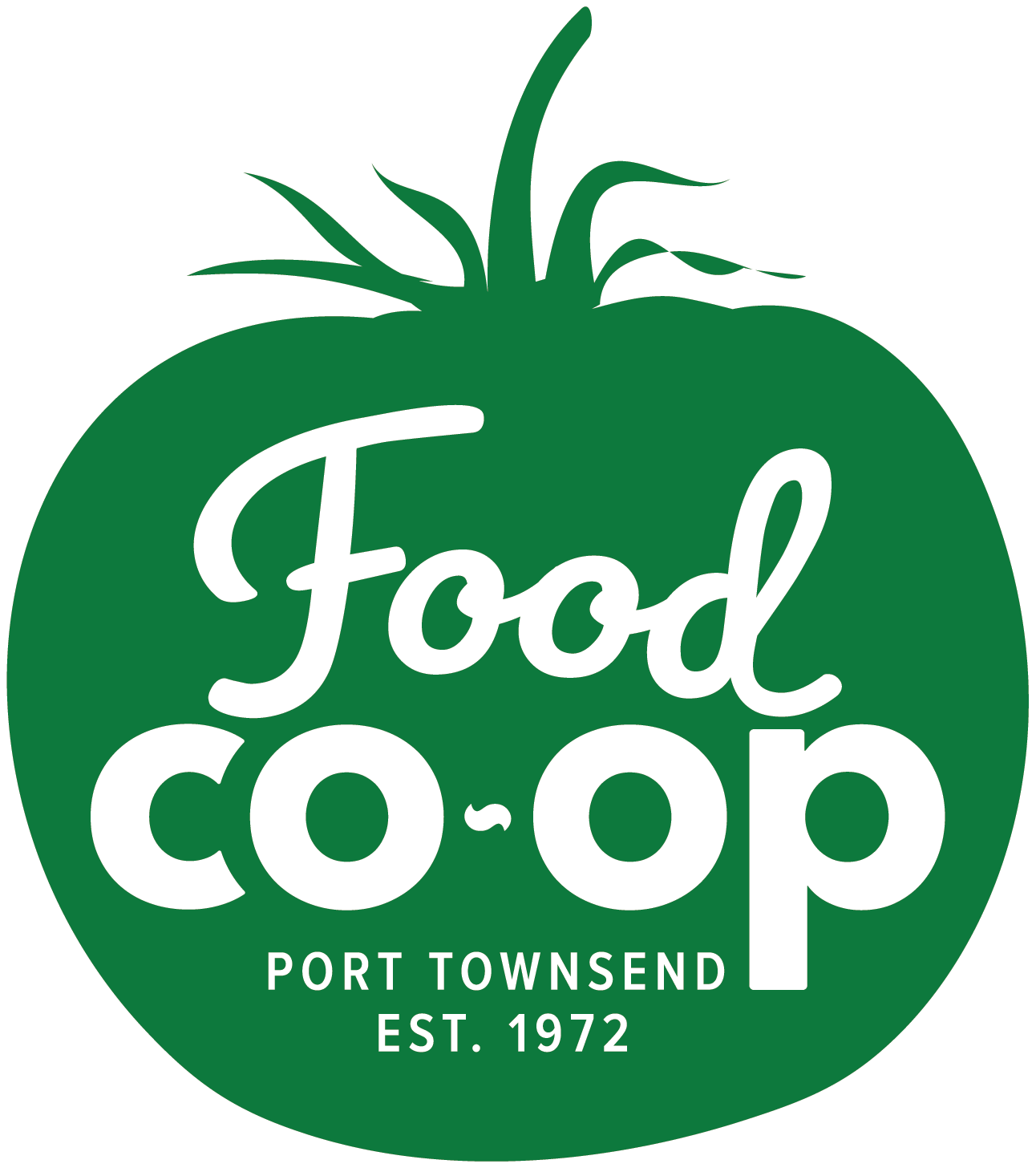Beans for Bags - The Benji Project
Each month, the Food Co-op will highlight one of the many non-profit groups we support with our Beans for Bags program. Thanks to all our members for their nominations and continued re-use of their shopping bags. Funds generated help support people doing great work in our community.
The Benji Project
The Benji Project was founded in 2016 in response to the suicide of a cherished Port Townsend teenager.
We teach teenagers stress management and emotional resilience skills using an evidence-based curriculum of
mindfulness and self-compassion called Making Friends with Yourself.
Our vision is a community where youth thrive because they have the skills to cope with life's ups and downs.
QUICK FACTS
Jefferson County is largely rural, remote and economically disadvantaged.. Our area lacks mental health resources for adolescents, who face greater challenges due to social and economic pressures. Surveys show that 23% of our 10th graders have attempted suicide, double state average. The project targets about 2,500 youth aged 11 to 19 in the county. As of mid- 2018, about 85 youth and 57 adults who work with youth have been served.
PROGRAMS
8-week class (once a week for 2 hours)
Summer camp intensive - 4 days
Special workshops - parents, teachers, therapists, healthcare providers, juvenile justice workers
Each class needs at least 2 instructors
ORGANIZATION MILESTONES
Programs began 2017
Non-profit status gained late 2017 via fiscal sponsorship Partnership with School-Based Health Clinics
Awarded Fund for Women and Girls grant
Other major donor support Jefferson Healthcare, Kiwanis, Chad's Legacy Project, McCaw family foundation
Ran instructor selection process and awarded 2 training scholarships mid-2018. Qualified to lead late 2019.
FINANCIAL FACTS
We serve all teens regardless of means, and 85% of participants in our programs pay nothing or a reduced amount on a need-based sliding scale.
Keeping programs affordable to participants requires extensive and ongoing fundraising.
Funding profile in 2018 - 60% grants and large donations, 23% program fees, 15% small individual donations. Focus on instructor training because using visiting instructors (certified in the curriculum) entails extra costs.
COSTS
2019 budget for programs and teacher training - $28,000 Plan: two 8-week classes; one camp; one workshop; one teacher training scholarship
Need to raise about $20,000 for programs and $5,000 for teacher scholarship
8-week class costs about $3,500 per session with visiting instructors (average 15 participants)
4-day camp costs about $12,000 with visiting instructors (29 participants this year)
Class fees estimated to defray $3,000
Workshop for adults who work with youth (juvenile justice, educators, healthcare providers) costs about $4,000.
2019 GOALS
Target more boys
Increase program frequency
Add more trained facilitators
Expand geographic reach




